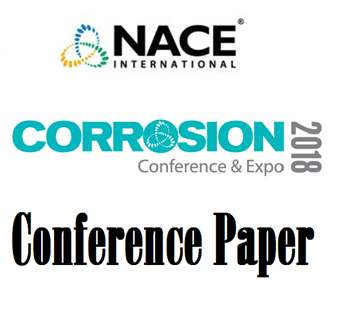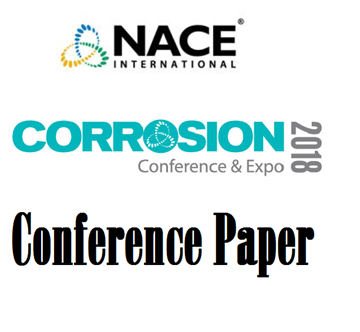Search
51312-01370-Analysis of Metro Stray current Interference on Underground Pipelines with a SACP system by Field Te
Also Purchased
51318-10689-PIPELINE STRAY DIRECT CURRENT (DC) INTERFERENCE
Product Number:
51318-10689-SG
Publication Date:
2018
$20.00
11338 Stray Current Interference from a Light Rail Traction System
Product Number:
51300-11338-SG
ISBN:
2011 11338 CP
Publication Date:
2011
$20.00
51318-11045-Corrosion Behavior of Buried Pipeline under Dynamic DC Stay Current Interference
Product Number:
51318-11045-SG
Publication Date:
2018
$20.00




